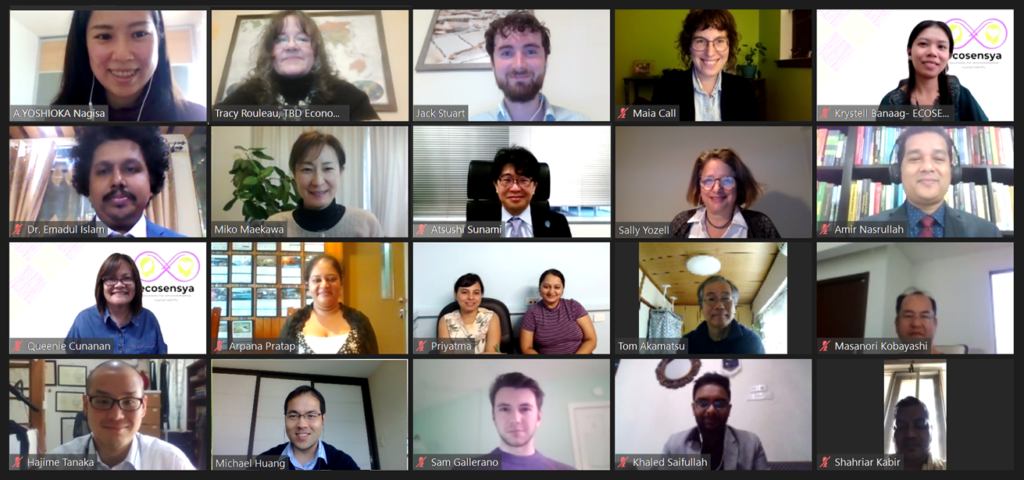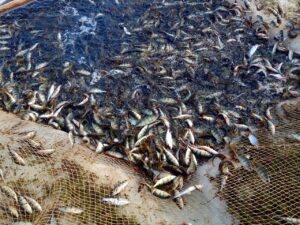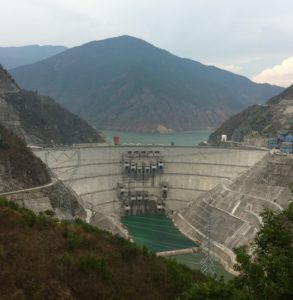On February 1-3, 2021, the Stimson Center and the Ocean Policy Research Institute of the Sasakawa Peace Foundation (OPRI-SPF) hosted a workshop on new Climate and Ocean Risk Vulnerability Index (CORVI) city assessments. In the workshop, Stimson, OPRI-SPF, and CORVI implementation partners – University of Fiji, Pacific Island Development Forum, Independent University Bangladesh, and EcoSensya – shared updates on CORVI assessments currently underway in Chittagong, Bangladesh; Dagupan, Philippines; Dar es Salaam, Tanzania; Mombasa, Kenya; and Suva, Fiji.
During the workshop participants identified best practice for implementing a CORVI project in a new coastal city and region, discussed how to effectively communicate CORVI to key stakeholders in city and national governments, and developed a roadmap to ensure that CORVI project findings inform and promote integrated climate resilience planning and pinpoint areas for climate action.

The workshop was held against a backdrop of growing climate security risks. Coastal cities are centers for innovation and critical to the economic security of many nations. However, growing climate hazards such as extreme heat waves, sea-level rise, and growing storm intensity threaten city residents, vital industries, and the natural environment. These impacts stress nature-based defenses and impair water quality, while at the same time degrade outdated infrastructure and undermine adaptation efforts.
Faced with these multidimensional and interconnected risks, decision makers need data and tools to help them build resilience in the most effective manner. However, data gaps continue to hamper these efforts. CORVI fills this need by combining empirical and expert survey data to produce a holistic coastal city risk profile. This information can be used by governments, international organizations, and the private sector to integrate these risks into their decision making and promote smart investments. Findings from completed CORVI projects in Castries, Saint Lucia and Kingston, Jamaica are already being used to inform integrated urban resilience planning.
As the CORVI project expands, we are entering a critical period for climate action. Last month, the Netherlands hosted the Climate Adaptation Summit, marking the first-time nations gathered for an event focused solely on adaptation and resilience. At this event two announcements – the 1000 Cities Act initiative and Race for Resilience coalition – showcase growing recognition of the need to upscale climate urban adaptation investment.
In the run up to the UN Climate Change Conference in November 2021 and with the Sustainable Development Goals due in 2030, urban resilience must be at the forefront of the international agenda. With financial resources limited in a post-COVID world, CORVI is a valuable decision support tool to assess climate security risks in coastal cities, aid in the design of integrated policy solutions, and safeguard future investment.



